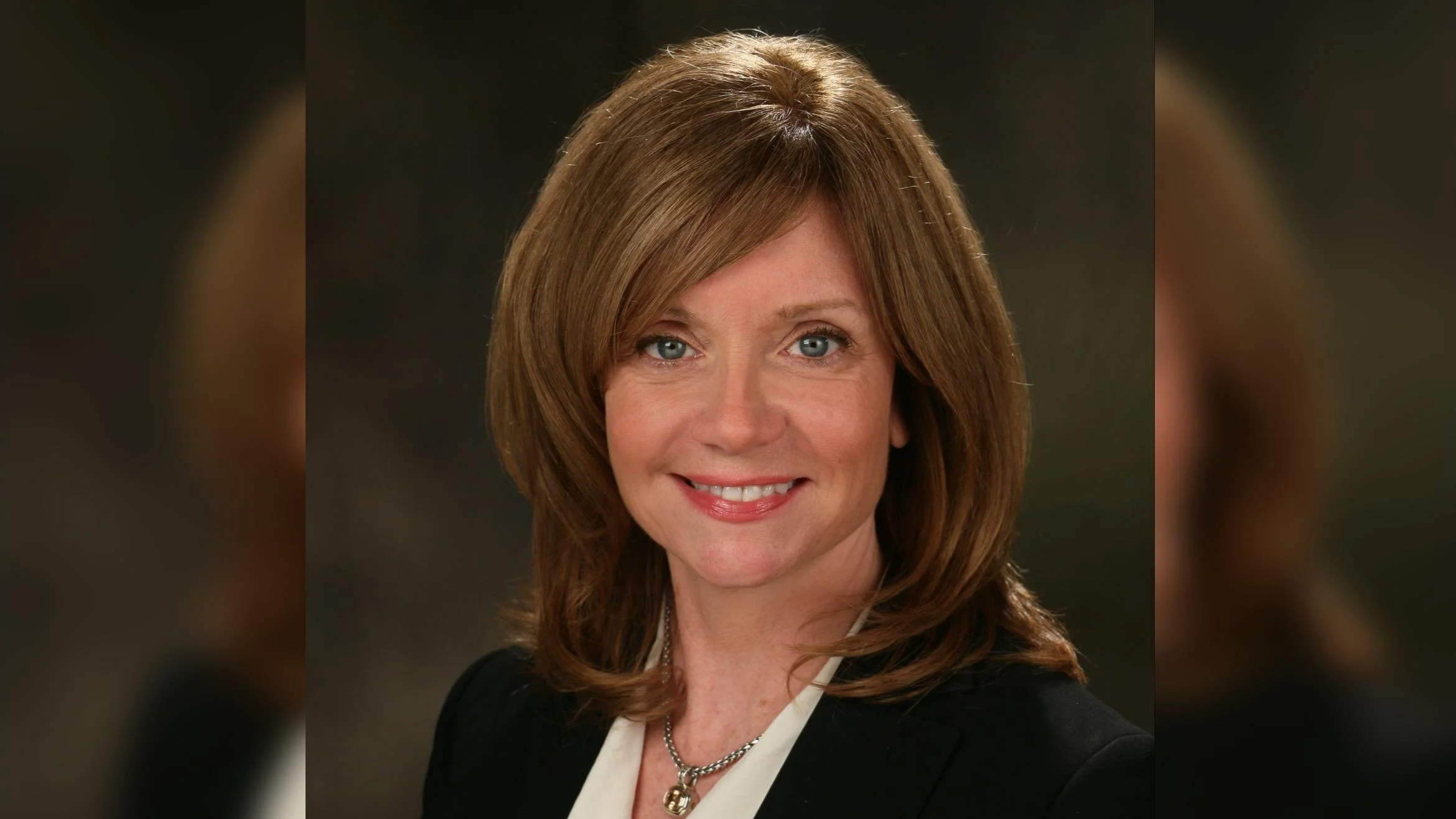
The debate over New Jersey's rising energy rates has placed Republicans and Democrats in a heated exchange, each side attributing blame to different causes. Recent energy rate hikes have been attributed to various factors, including New Jersey Governor Phil Murphy's 2019 Energy Master Plan, which promotes all-electrification policies and reduced reliance on natural gas.
Republicans, including Senate Republican Leader Anthony Bucco, have long contended that these policies would lead to increased energy costs. "I'm disappointed that we're here today," Bucco stated, emphasizing that warnings had been ignored for years. Similar sentiments were echoed by NJBIA Deputy Chief Government Affairs Officer Ray Cantor and Republican Senator Whip Mike Testa, who expressed concerns about potential shortages similar to those faced by California.
Democrats have directed blame at PJM Interconnection, the grid operator for New Jersey and several other states. The focus has been on PJM's management practices, such as auction rules and project approvals, as well as its board selection processes. At a recent committee hearing at the Statehouse, Asim Haque, PJM's senior vice president of governmental and member services, acknowledged the impacts of New Jersey's energy policies on rate hikes: "Demand is increasing due primarily to the proliferation of data centers, but also due to electrification as well as the onshoring of the U.S. manufacturing industry."
Haque also addressed claims regarding PJM's energy auction and capacity planning, stating, "We characterize our forecast as a long-term forecast... those numbers continue to firm up." Despite criticism from lawmakers like Sen. Bob Smith, Haque insisted PJM is not opposed to renewable energy and acknowledged offshore wind's potential benefits.
Republicans have criticized the current administration's energy policies, emphasizing the need for a more balanced approach that includes natural gas and nuclear energy. Meanwhile, Democrats, including Sen. John Burzichelli and Sen. Paul Sarlo, attribute some responsibility to PJM's auction system and call for an increased focus on renewable energies.
The debate illustrates the complexity of navigating energy policy and the technological and regulatory shifts required to meet energy demands while balancing environmental objectives.